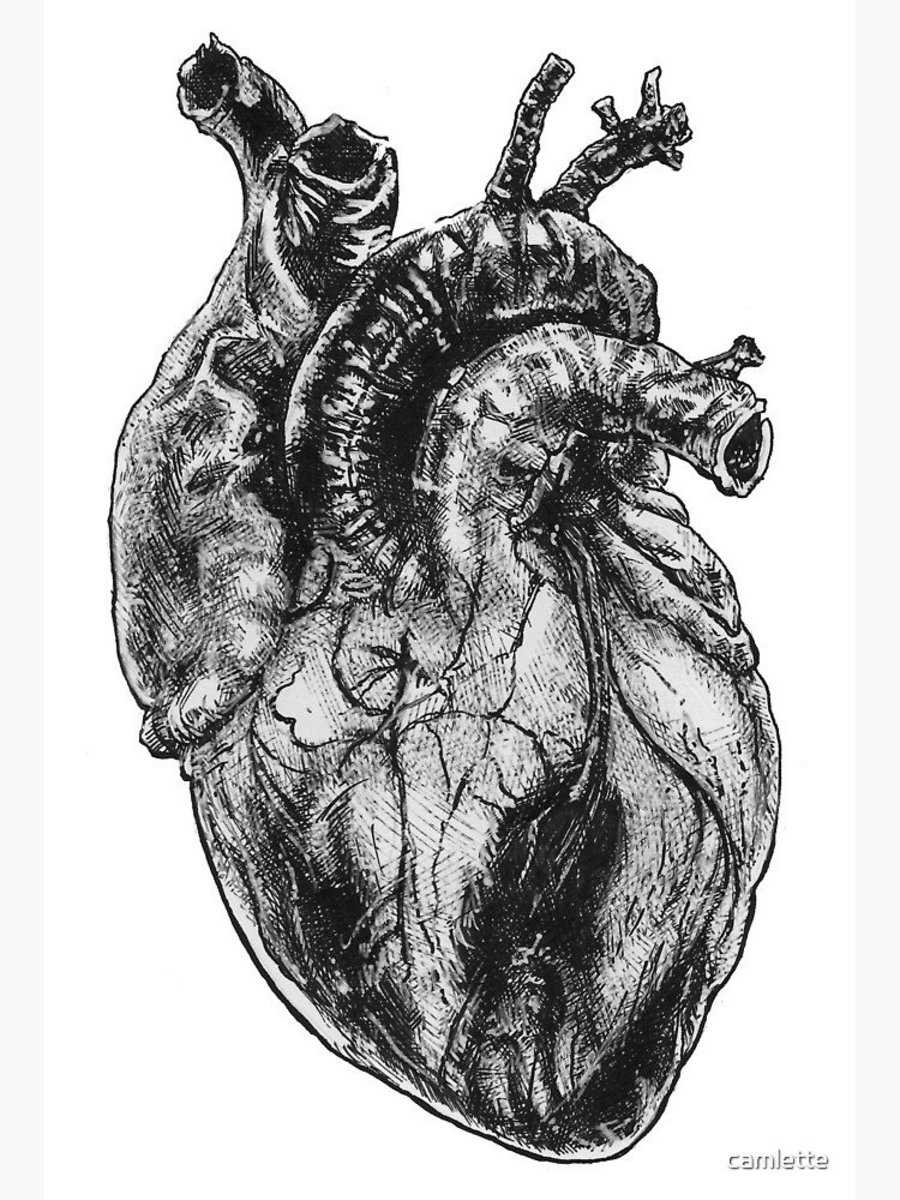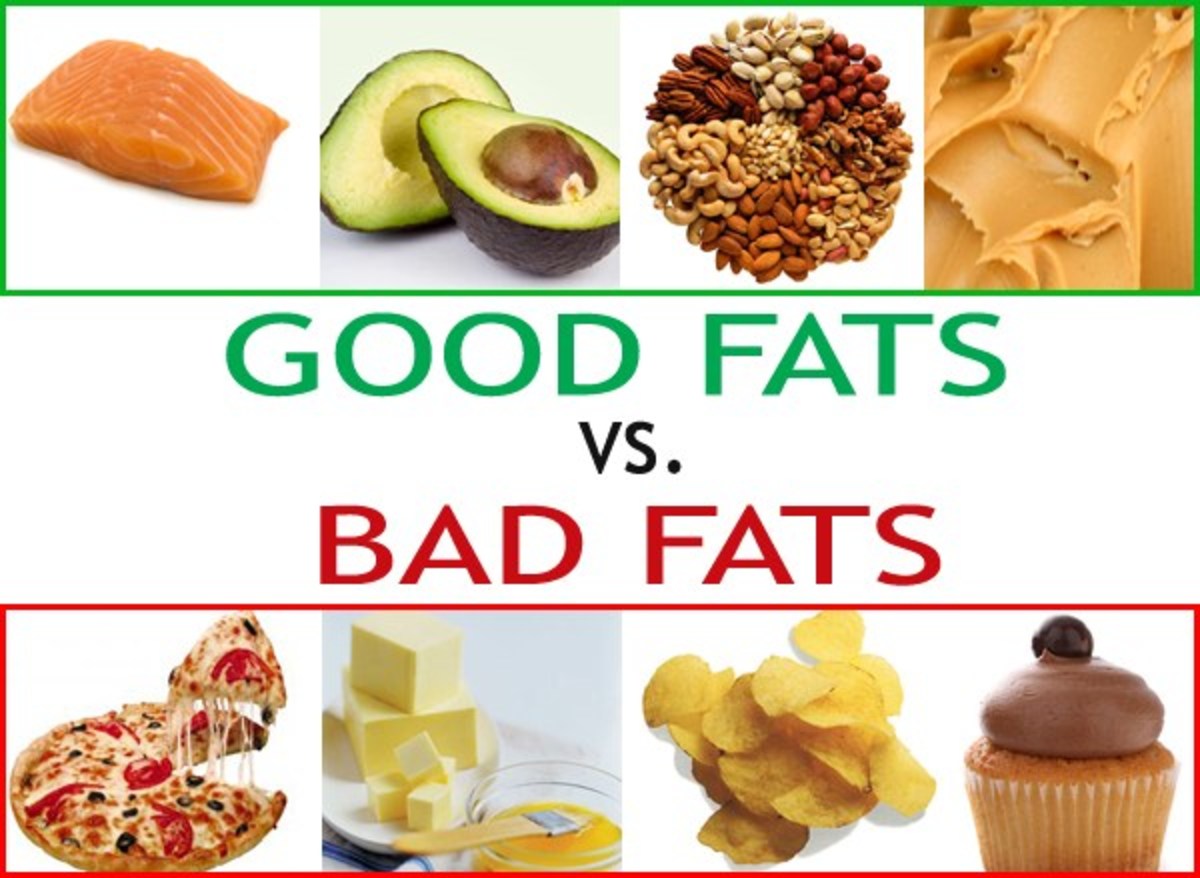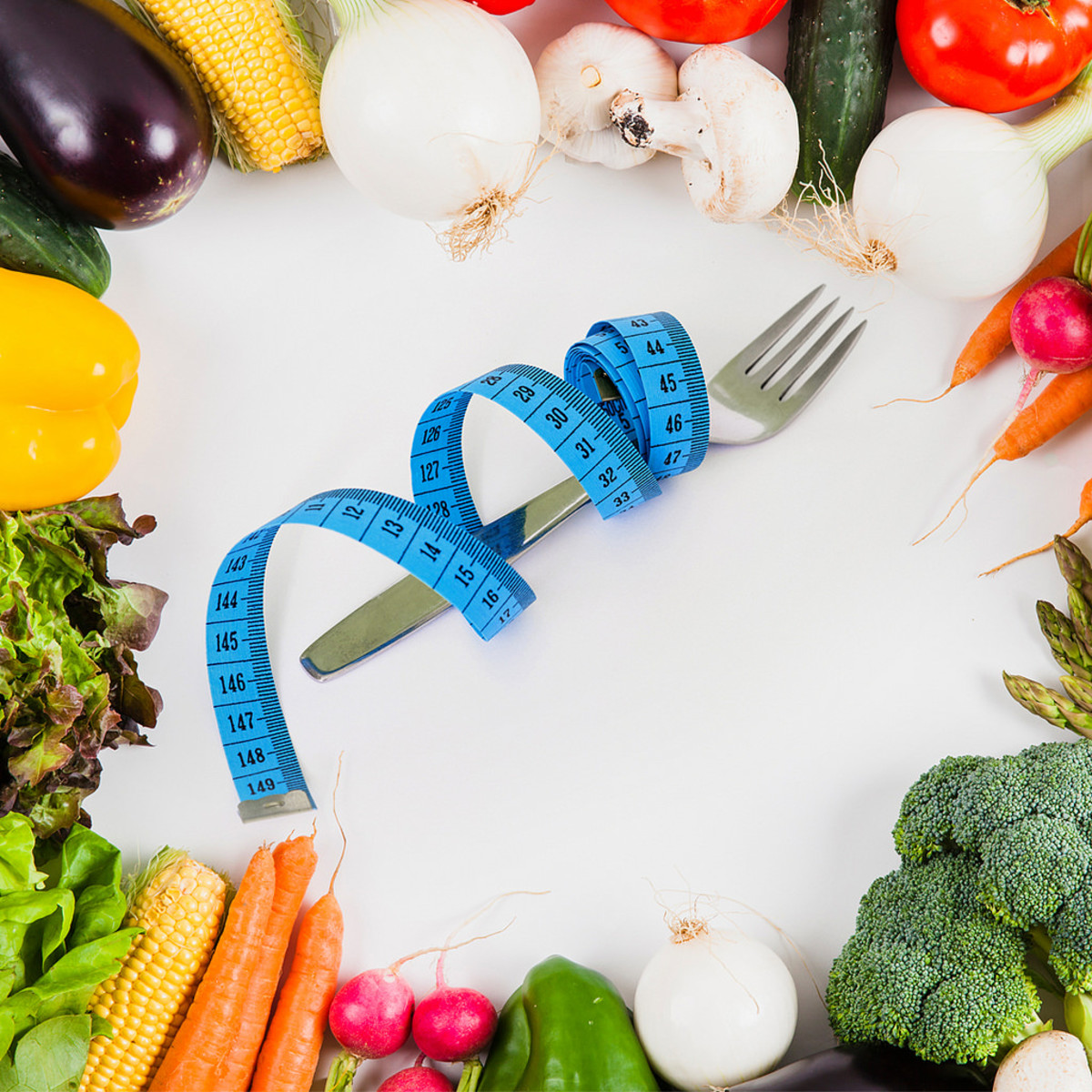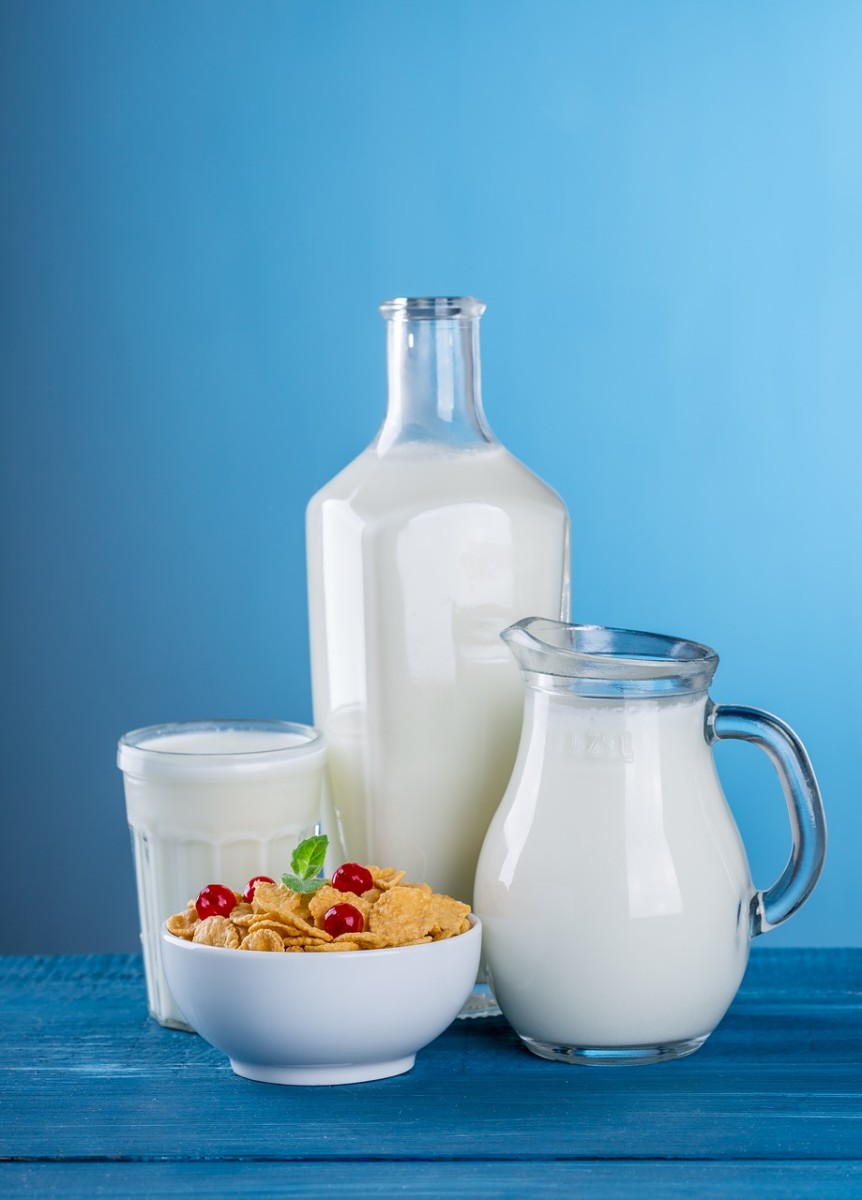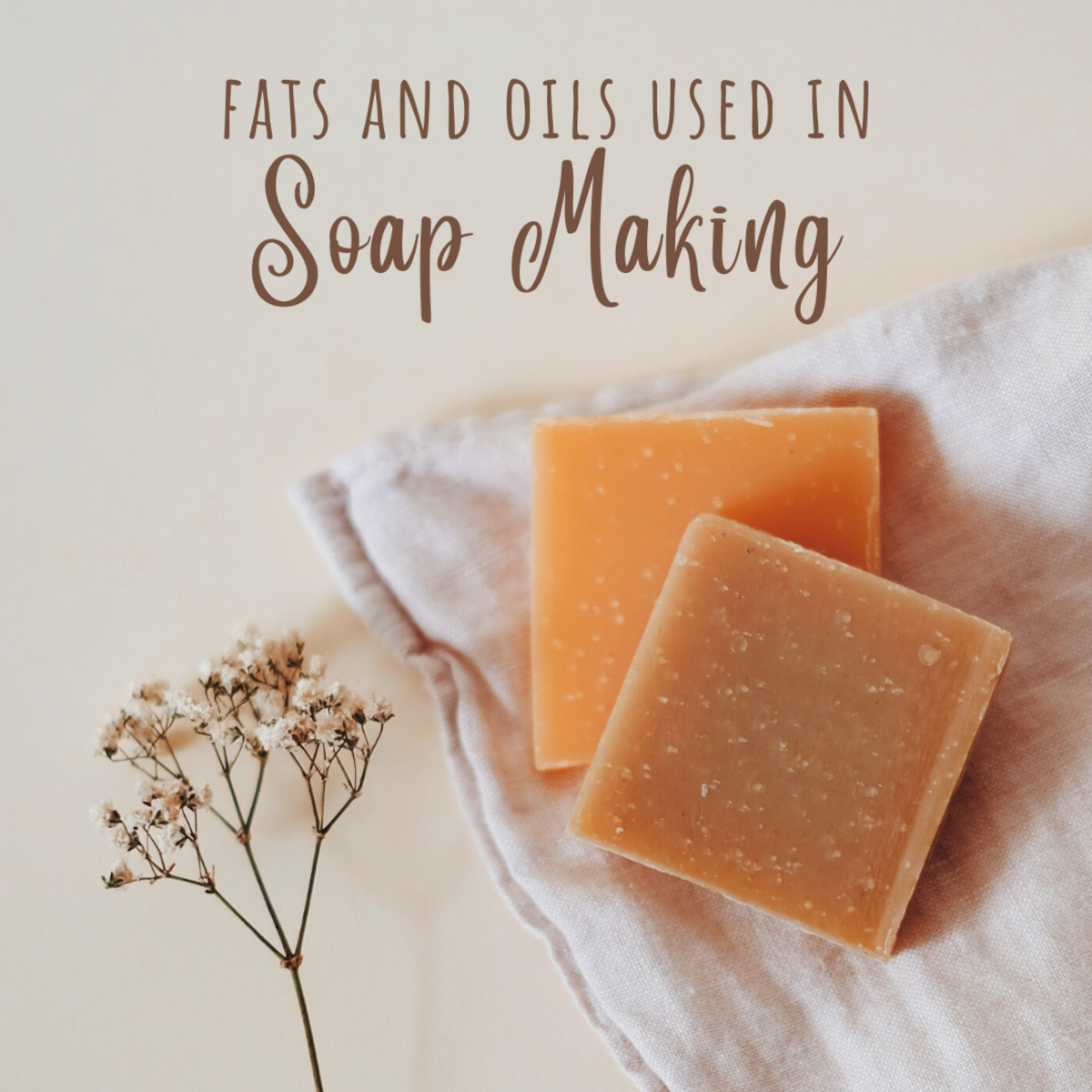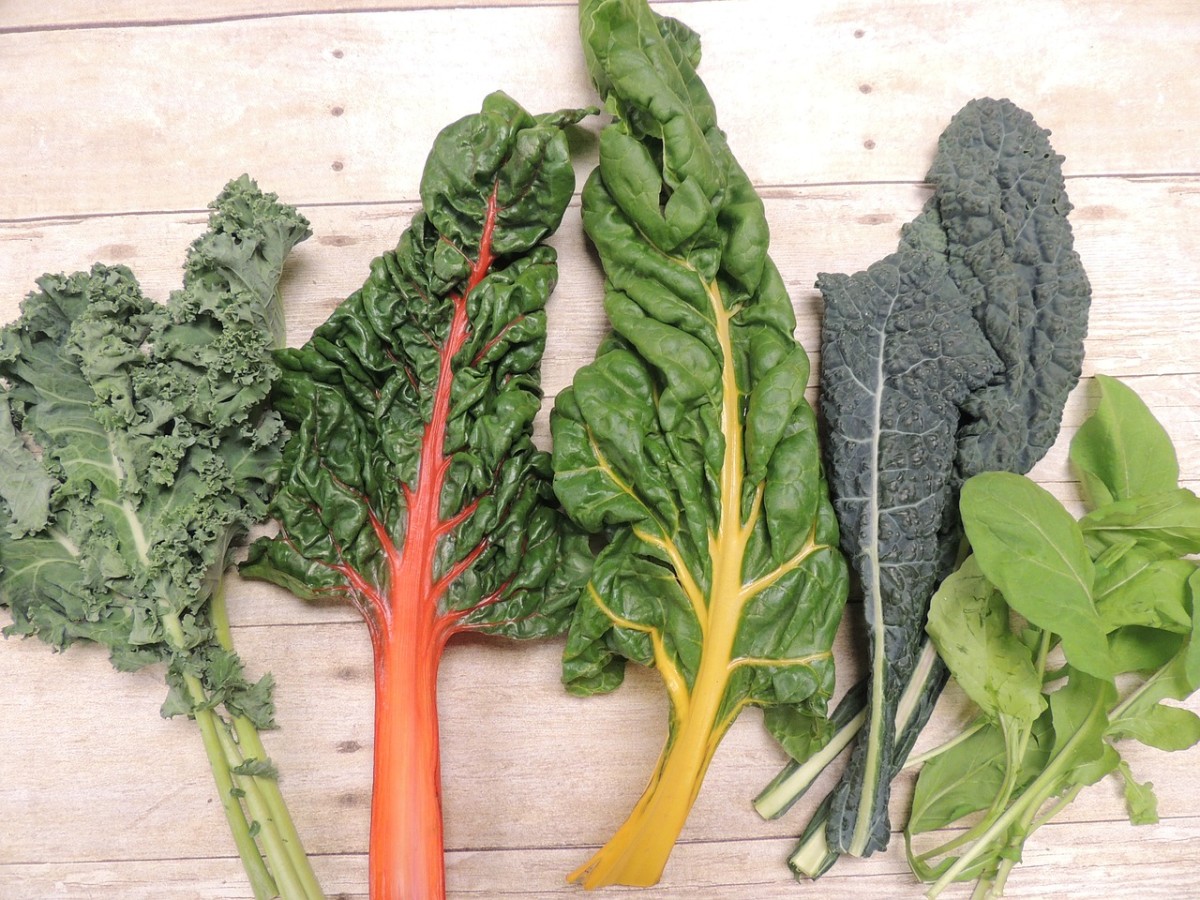Questionable Link Between Saturated Fat and Heart Disease
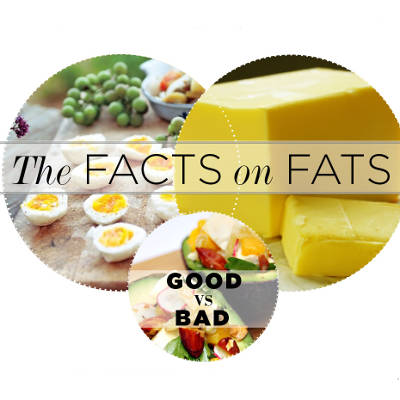
The Center for Disease Control and Prevention (CDC) says that over 35% of American adults are obese. For the last 40 years, the American Heart Association (AHA) has recommended we steer clear of ALL saturated fats. Why then, as a nation, are we getting fatter?
Unfortunately, the AHA predicated its recommendation upon a seriously flawed study done by an American scientist named Ansel Keys. We now know that Keys was unable show a direct correlation that natural forms of saturated fat from animals cause heart disease and high cholesterol.
In fact, new research published this week in the Annals of Internal Medicine has found that there is no link between saturated fat and heart disease. The researchers concluded, "Current evidence does not clearly support cardiovascular guidelines that encourage high consumption of polyunsaturated fatty acids and low consumption of total saturated fats."
Dr. Rajiv Chowdhury, lead author of the 'mega' study and cardiovascular epidemiologist at Cambridge University, says that "it’s not saturated fat that we should worry about.”
WHY ARE WE GETTING FATTER?
So, what should we worry about? Predominantly, it's the chemically-altered versions of fat found in most processed foods. Since the early 1900s, USDA data shows a dramatic shift away from animal proteins and saturated fats to an increase in the consumption of vegetable oils, trans fats, refined flours, and sugar.
Abundant evidence shows that many modern diseases are not the product of excess natural fat, but of excess man-made fats - partially hydrogenated, hydrogenated, and trans fats - and refined carbohydrates in the diet. In addition, you can add polyunsaturated fats to the list of bad fats - margarine and vegetable oils.
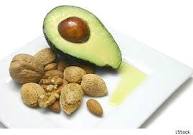
NUTRIENT-RICH DIETARY FAT
People are surprised to learn that natural forms of saturated fats (omega-3 and monounsaturated) are satiating and actually good for you. They are nutrient-rich and prevent over-eating. They can sharpen your thinking and lower your risk of depression. Saturated fat provides energy and nutrients critical to good health.
ANIMAL SOURCES:
- Lean meats (free-range, grass-fed, or wild game)
- Fish (fatty, cold-water - salmon, mackerel, herring, etc)
- Eggs (free-range, vegetarian fed)
PLANT SOURCES:
- Nuts
- Seeds
- Olives
- Avocado
- Coconut oil*
- Avocado oil
- Olive oil
* best for cooking at medium to high heat
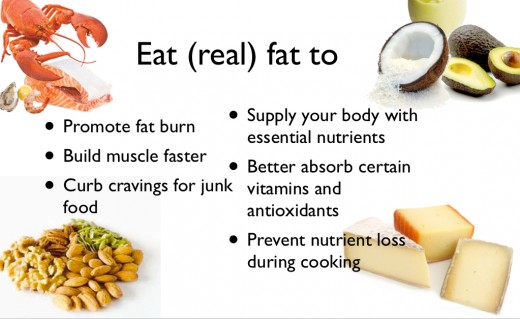
LOWER THE RISK OF DISEASE
Adequate, not excessive, dietary fat is the key. The hunter-gatherer diet was moderately high in natural fat. In sufficient amounts, it tells the body that "the hunting is good" and fat stores are more freely burned for energy. The more good fats serve as the primary source of fuel, the better the body becomes at fat-burning.
To halt or even reverse signs of aging, lose body fat and enjoy health and vitality, focus on eliminating unnecessary refined carbohydrates (sugar and starch) and consume moderate levels of nutrient-dense protein and dietary fat.
There are a myriad of benefits to eating good dietary fats. Here are just a few:
- Vitamins A, D, E, and K (fat-soluble) are only digested, absorbed, and transported in conjunction with fats
- Fats are sources of essential fatty acids - an important dietary requirement
- Fats play a vital role in maintaining healthy skin and hair, insulating body organs, maintaining body temperature, and promoting healthy cell function
- Fat serves as a useful buffer towards a host of diseases
HOW MUCH NATURAL FAT DO WE NEED
- 20-35% of total calories per day* (adults over 19)
- Men: 13-18 grams
- Women: 20-25 grams
* according to the Center for Disease Control (CDC)
Kathleen M. Zelman, MPH, RD, LD, offers some ways "to help you reduce the total amount of fat in your diet and make sure the fats you consume are the healthy ones:
- Choose a diet rich in whole grains, fruits, and vegetables.
- Try a vegetarian meal, with plenty of beans, once a week.
- Select dairy products that are skim or low-fat.
- Experiment with light and reduced-fat salad dressings.
- Replace fattier sauces with vinegars, mustards, and lemon juice.
- When using fats, do so sparingly. Try to use unsaturated liquid oils such as olive, instead of butter or partially hydrogenated margarine.
- Limit your consumption of high-fat foods such as processed foods, fried foods, sweets, and desserts.
- When cooking, substitute the lower-fat alternative (for example, low-fat sour cream or low-fat cream cheese) whenever possible"
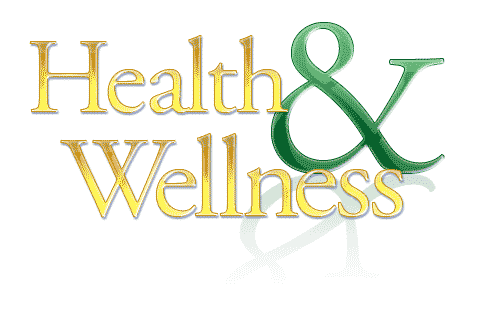
A study in The New England Journal of Medicine found that people who cut out processed carbohydrates and took in sufficient amounts of nutrient-rich, natural dietary fat lost weight faster and had better cholesterol levels. With a good exercise routine and enough good fats in moderate amounts, you can maximize your overall health and fitness.

